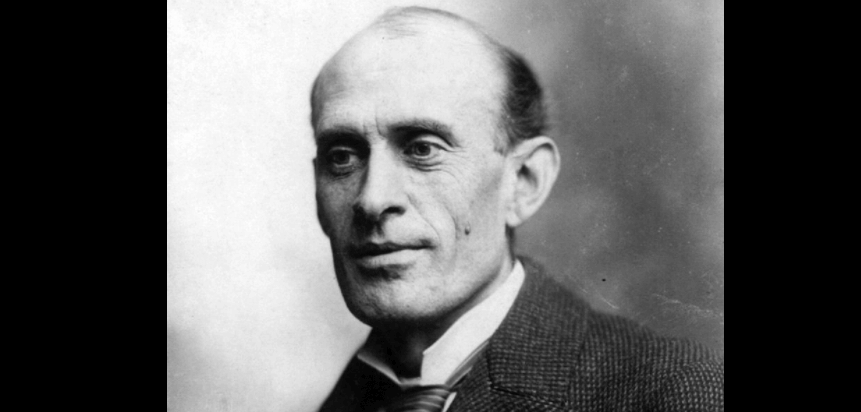Who is Eugene Field? Information about Eugene Field biography, life story, works, poems and writings.
Eugene Field; (1850-1895), American journalist and poet, who wrote the most notable of the early newspaper columns. He was born in St. Louis, Mo., on Sept. 2 or 3, 1850, the son of a lawyer who had represented Dred Scott. After Eugene’s mother died in 1856, he was raised by an older cousin in Amherst, Mass. Field passed a year each at Williams College, Knox College (Galesburg, III), and the University of Missouri. Receiving an inheritance on the death of his father, he traveled in Europe. On his return, he married Julia Sutherland Comstock, of St. Joseph, Mo., a girl of 16, and entered newspaper work.

Source : wikipedia.org
From 1875 to 1883, Field was successively an editor of the St. Joseph Gazette, the St. Louis Times-Journal and Morning Journal, the Kansas City Times, and the Denver Tribune. For these papers he began to write columns made up of paragraphs of comment, a form that was then popular. His first “serious” verse, The Christmas Treasures, appeared in his column in the Morning Journal on Dec. 25, 1878. From his Denver columns he compiled his first book, The Tribune Primer (1882), which is now rare.
In 1883, Field accepted an invitation from Melville E. Stone to work for the Chicago Morning Netos (later called the Record). There he did the column for which he is best remembered, “Sharps and Flats,” a mixture of verse, humor, parody, short stories, and gossip. He was not the first newspaper columnist, but in the words of the journalism historian Frank Luther Mott, his work was “probably never excelled for its keen satire, its genuine wit, and the lightness of its literary touch. His later books consisted largely of material published in the column.
As a poet, Field enjoyed wide popularity for his sentimental verse—notably Little Boy Blue, on a favorite theme, the death of a child; and Dutch Lullaby, also known as Wynken, Blynken, and Nod. As a personality, he was remembered for his practical jokes and his efforts to persuade friends to underwrite his expenses. Field died in Chicago on Nov. 4, 1895.